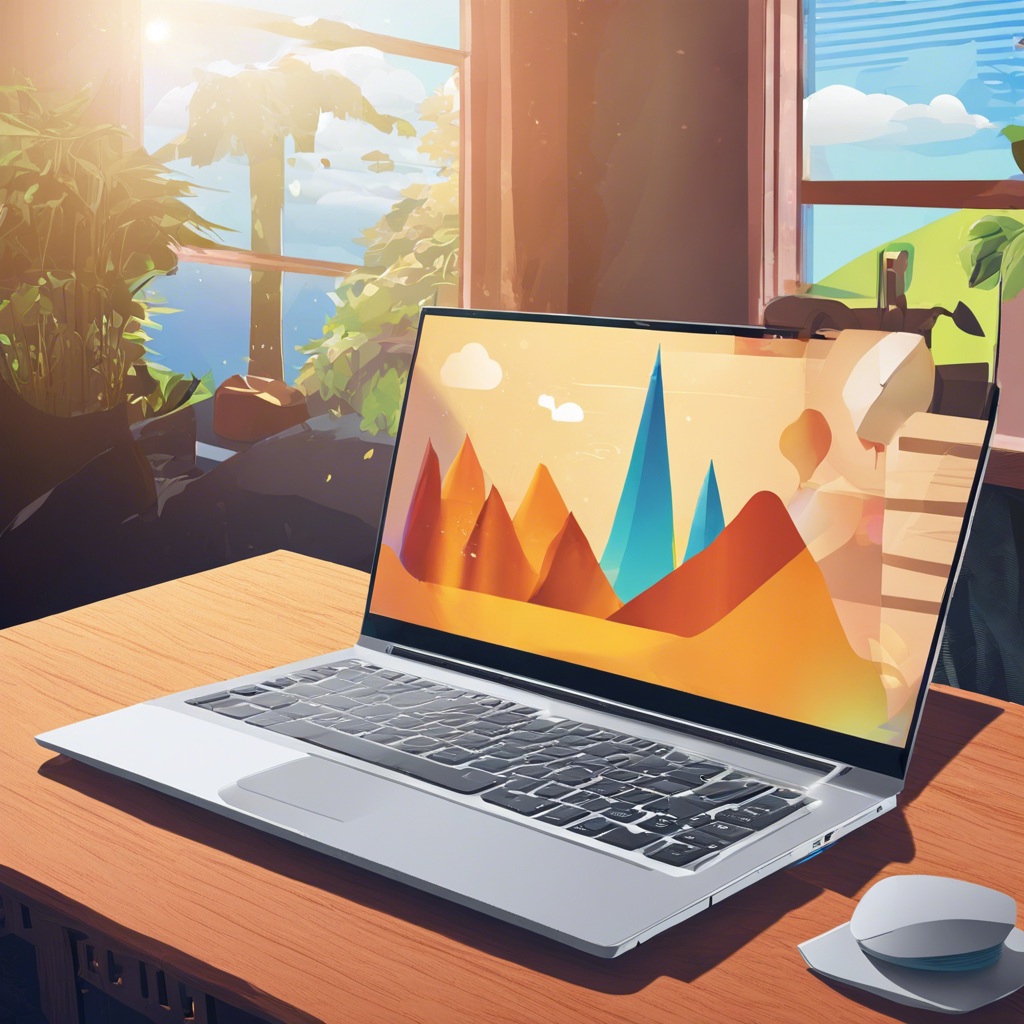Many of us have been there: your once-speedy laptop now struggles to keep up with basic tasks, causing frustration and productivity loss. Whether it’s for work, study, or entertainment, a slow laptop can be a real nuisance. But fear not! With a few simple steps, you can breathe new life into your sluggish machine. Here’s an easy guide to help you speed up your laptop and improve its overall performance.
One of the primary reasons for a slow laptop is lack of storage space. Over time, our devices accumulate files, downloads, and programs, many of then forgotten or unused, taking up valuable storage space. To tackle this issue, start by cleaning up your hard drive. Go through your files and delete any unnecessary documents, old downloads, and duplicate photos or videos. You might also consider using cloud storage services like Google Drive or Dropbox to offload files you rarely access but want to keep. For an even more efficient cleanup, use built-in tools or third-party apps for PC or Mac that can quickly identify large, unused files.
,
Uninstalling unnecessary programs can also provide a significant speed boost. Over time, we install various applications, some of which run in the background, consuming system resources even when not actively used. Go to your laptop’s settings and review the list of installed programs. Uninstall any applications you no longer use or those that seem to slow down your system. Be cautious, though, and ensure you’re not removing critical software required for your operating system or specific hardware functions.
Temporary files, caches, and Internet browsing data can also slow down your laptop’s performance. These files accumulate over time, taking up storage space and potentially impacting your computer’s speed. Regularly clearing these temporary files can help maintain optimal performance. Most web browsers have built-in settings to clear cache and browsing data, which is a quick and effective way to free up space. Additionally, consider using system optimization software that can automatically clean up these files, manage startup items, and perform other maintenance tasks to keep your laptop running smoothly.
If your laptop is still sluggish, consider upgrading its hardware. Adding more RAM (Random Access Memory) can significantly improve multitasking capabilities and overall performance. Upgrading your hard drive to a solid-state drive (SSD) can also make a world of difference, as SSDs are much faster than traditional hard drives. These hardware upgrades can be done by yourself or with the help of a computer technician, depending on your comfort level with such tasks.
Malware and viruses are notorious for causing computer slowdowns and crashes. They can run malicious processes in the background, consuming system resources and compromising your data security. Regularly scan your laptop for malware and viruses using reputable antivirus software. Keep your antivirus program up to date, and ensure it runs regular scans to catch any potential threats. If you do find any malicious software, follow the antivirus program’s instructions for removing it and securing your system.
A simple but often overlooked step to improve laptop speed is to restart it regularly. Over time, running numerous programs and processes can cause system resources to be tied up, leading to slow performance. Restarting your laptop gives it a fresh start, releasing any memory that was being used by background applications and restoring its performance. Make it a habit to restart your laptop at least once a day, especially if you’ve been using it for extended periods.
Another way to speed up your laptop is to manage the programs that run on startup. When you turn on your computer, several programs might automatically start running in the background, even if you don’t need them immediately. These programs can consume system resources and slow down your laptop’s boot time. Go to your settings and manage the list of startup programs, disabling any non-essential applications from launching at startup. This will help your laptop boot faster and reserve resources for applications you need.
Lastly, keeping your operating system up to date is crucial for optimal performance. Operating system updates often include performance enhancements, security patches, and bug fixes that can address issues causing your laptop to slow down. Regularly check for updates and install them as soon as they become available. You can typically find these updates in your system settings or through dedicated update management tools provided by the OS manufacturer.
By following these simple steps, you can effectively speed up your slow laptop and enhance its overall performance. Maintaining your laptop’s speed and efficiency is essential for a seamless computing experience, whether you’re working, studying, or enjoying your favorite entertainment. So, take the time to implement these tips and enjoy the benefits of a faster, more responsive machine.
